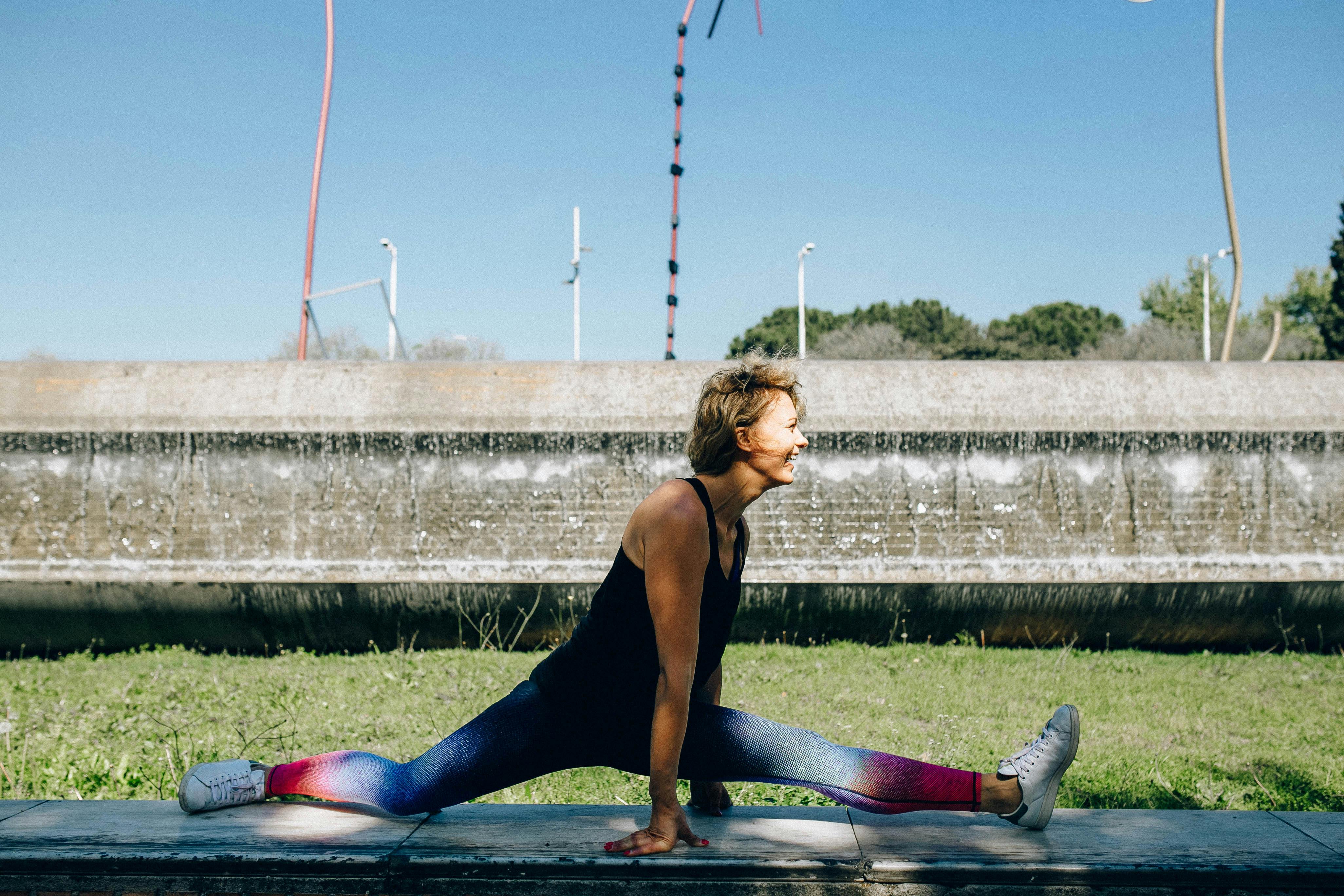Looking to plant your own garden but not sure how to get started? Planting a healthy garden provides many benefits, including lots of healthy organic food and saving thousands on your grocery bills. I don’t know about you but I still remember the days when a tomato from the supermarket tasted like tomato, sadly no longer. Let’s take a look at some beginner gardening tips to get you started today.
Horticulture for beginners: tips
Preparation is the key to growing a beautiful and healthy garden. Planning is critical to establishing a garden that you can harvest every day. Gardening for beginners doesn’t have to be difficult with the right planning.
First you must decide your plot, the area of your garden. The ideal place is a place that receives a lot of sun in the morning and protection from the elements such as the wind. Although you may be limited with the space you have available, don’t be discouraged as you will be surprised how much you can grow by maximizing the space you have. Make sure there is enough drainage for the water to drain off.
Importance of soil quality
One of the most common beginner gardening tips you’ll hear is never underestimate soil quality. Soil is the lifeline of a garden, don’t underestimate its importance. You need to make sure your soil preparations include checking the soil and preparing it by testing its pH levels. The ideal pH level for your soil is 6.5, if you don’t have a testing kit you can go to your local garden store and let them test it for you.
Don’t worry if your levels are out of control at the moment, you can buy garden lime that will improve the pH levels of your soil. Simply put, your pH levels will determine the amount of nutrients your vegetables can receive.
Preparing your plot
Dig your plot and turn the soil, be sure to dig to a depth of approximately 12 “(30 cm) and remove any weeds you find on hand. Avoid using herbicides as they can affect the structure and levels of your soil. Once your pH levels are in a healthy range, wait 4-5 weeks before starting planting.
The vegetables you grow will depend on where you live. Talk to your garden store that you will be purchasing seedlings for the most suitable vegetables.
Ask for the purchase of some organic fertilizer that will be the life blood of your garden. Organic fertilizers such as animal manure, blood and bones, as well as compost, are excellent options for providing essential nutrients and moisture.
Vegetable growing throughout the year
The key to planting a successful garden is having vegetables that you can harvest year-round. By doing this, you can rotate different vegetables to help ensure the health of your garden by limiting pests and diseases. One of the most common gardening mistakes for beginners is insufficient planning and setup process.
If you set up your garden correctly, you will have vegetables that you can harvest every day. With proper planning, your garden should require a lot of maintenance and care as it continues to provide fresh, organic food for you and your family for years to come.
